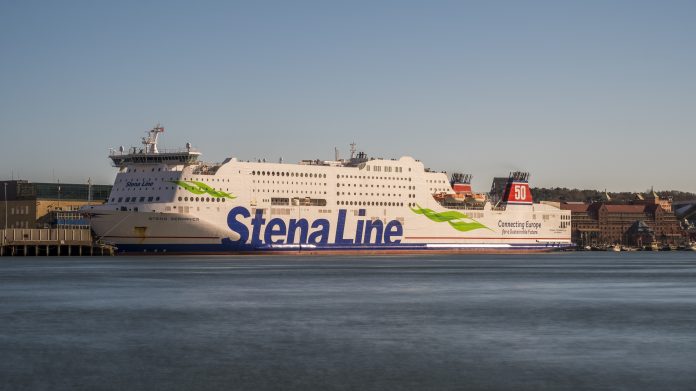Maersk Line expects to operate the first carbon neutral feedership when it takes delivery of a, as yet unordered, 2,000TEU vessel, from a yard which it has yet to make a confirmed agreement with, running on fuel from a supplier who cannot yet be named.
It is, however, big news and very good news that Maersk is taking this step. It is encouraging for the industry, it shows what can be done with today’s technology and, most importantly, it will give the industry vital insights into the use of biofuels in the future as the industry prepares to meet both International Maritime Organization targets and Paris MoU goals.
Even if this will not be the first liner vessel as claimed by Maersk in its announcement, the Yara Birkeland is already under construction and the all-electric ship would have already been in service if Covid-19 had not slowed its progress, it is a breakthrough with Maersk becoming the first mainline operator to shift to carbon neutrality.
In an exclusive interview with Container News, Morten Bo Christiansen, Maersk’s head of decarbonisation, explained that the company wanted to use a fuel that could be put into existing ship designs and bio-methanol was the only candidate.
“We are doing what we can to show the industry what can be done,” said Christiansen, but the vessel will operate with constraints, the fuel will be a renewable or bio-methanol, produced sustainably, with the vessel having to operate in a region where the fuel is available. Moreover, the ship needed to be of a size that did not consume too much fuel, “The larger the ship the more fuel it consumes,” Christiansen pointed out.
Maersk will use renewable methanol from biomass, produced through the use of renewable energy, most likely from Canada which is a major source of methanol from biomass, though not the only source.
According to the Methanol Institute, bio-methanol is being produced by three countries, at an industrial scale, including Iceland, the Netherlands and Canada.
“In Iceland, Carbon Recycling International is capturing and reacting CO2 from geothermal power generation with renewable hydrogen produced via electrolysis into renewable methanol. In the Netherlands, BioMCN converts biogas into advanced second-generation bio-methanol. In Canada, bio-methanol is being produced from municipal solid waste feedstocks by Enerkem. Renewable methanol is fully miscible with conventional methanol and offers a highly scalable renewable liquid fuel and chemical pathway,” the Methanol Institute stated.
It is likely that the vessel will use an engine produced by MAN, which has methanol powered vessels using its engines already in service. The cost of building a methanol powered vessel is marginally more expensive, but is not the capital expenditure (CAPEX) that is a concern it is the operational expenditure (OPEX) where the costs will mount up.
“We have been quoted a wide range of prices for the bio-methanol, but the cost of shipping will increase, but we believe that many of our customers will consider the cost reasonable and will be willing to pay extra for carbon neutral shipping, 90 of our top 200 customers signed up to the carbon neutral productivity, we believe this is worth more to them than the extra cost,” explained Christiansen.
Those costs could be in part ameliorated through regulation, a carbon levy of some sort, but Maersk does not consider the regulator has caught the public mood.
Christiansen agreed that it is no secret that Maersk believes the regulatory authorities need to “go faster and show more ambition,” but he would not be drawn on whether this meant market-based measures or something else.
Nick Savvides
Managing Editor







